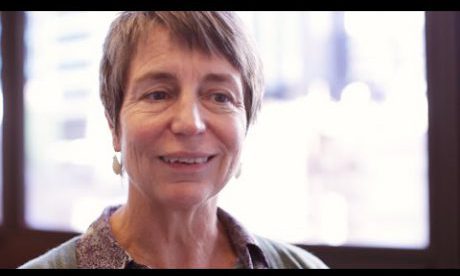The death this week of Omid, a young refugee held on Nauru, brought feelings of sadness but also great anger. News that a second refugee, a young Somali woman, has self-immolated and is fighting for her life in a Brisbane hospital only adds to this. These are tragic, entirely predictable and preventable consequences of our harsh border protection policies. It absolutely shames us as a people and a community.
And the finding by the supreme court of Papua New Guinea that detention of asylum seekers on Manus Island is illegal, brings shame on us as a nation. As does our refusal to accept the offer made by New Zealand to settle some of those, like Omid and this young woman, who have been found to be refugees.
The stubborn and divisive repetition of slogans about tough border protection and deaths at sea fails to justify the bribing of our neighbours and deliberate destruction of the lives of those who have sought asylum here. It is long past time for a bipartisan solution.
I am a child psychiatrist. I have visited families held in detention on and offshore and have seen lives diminished and destroyed as a consequence. I have also worked in child protection and know how much we invest in supporting families, in protecting Australian children from exposure to violence and neglect and in reducing family and sexual violence. But these refugee children, these people seem to be different, not entirely dispensable but almost, used by successive governments as deterrence.
They are hostage to our brutal domestic politics, the children unable to gain the safety their parents sought for them, at risk, held in inadequate and harsh environments, with despairing, desperate and now dying adults.
Trauma and despair are contagious. At least one other refugee has set herself alight but Omid’s death also affects those who knew and loved him, the children and adults who saw him burning, and those staff who were responsible for saving him in a situation where adequate emergency care was reportedly not available or was delayed. Continue reading
- Dr Sarah Mares is a child and family psychiatrist and in 2014 was consultant to the Australian Human Rights Commission National Inquiry into Children in Detention.
Additional reading
News category: Analysis and Comment.




